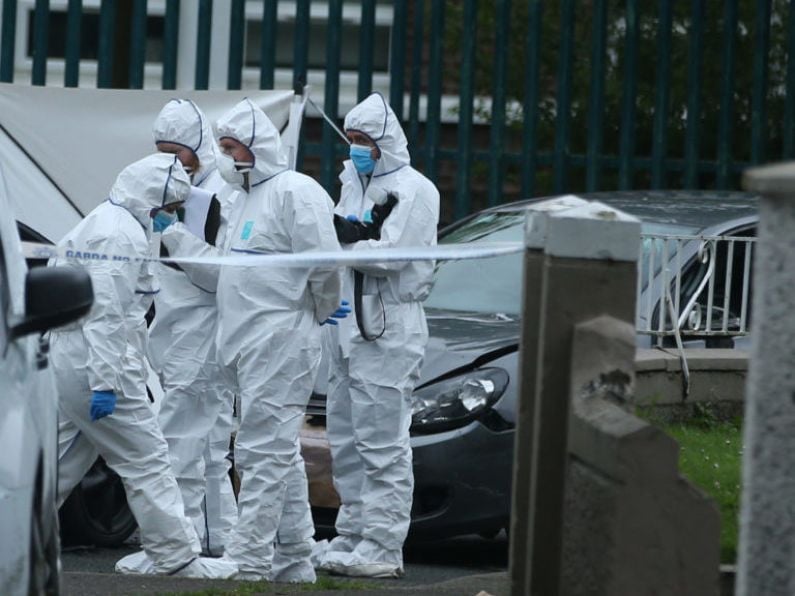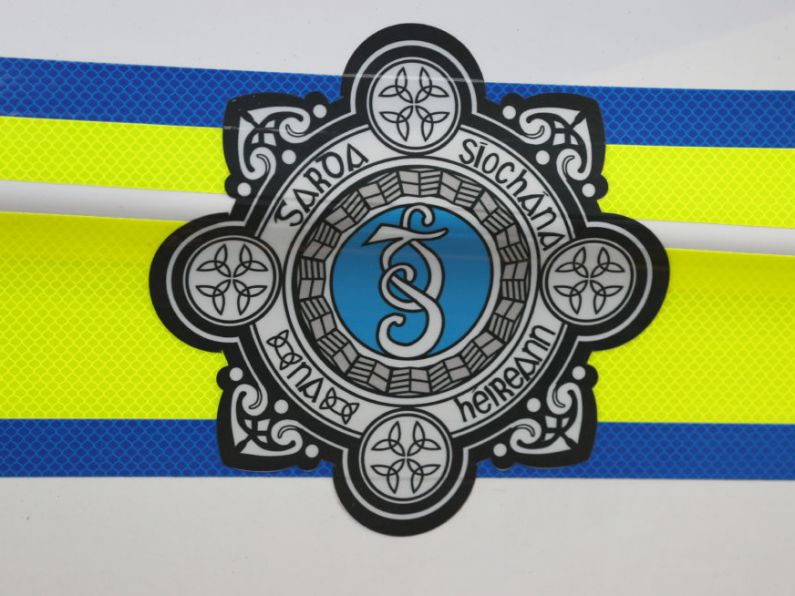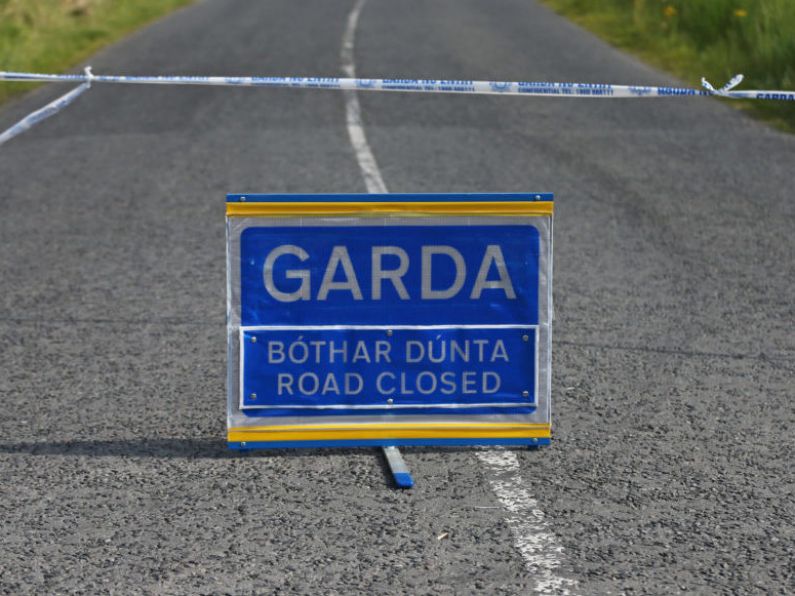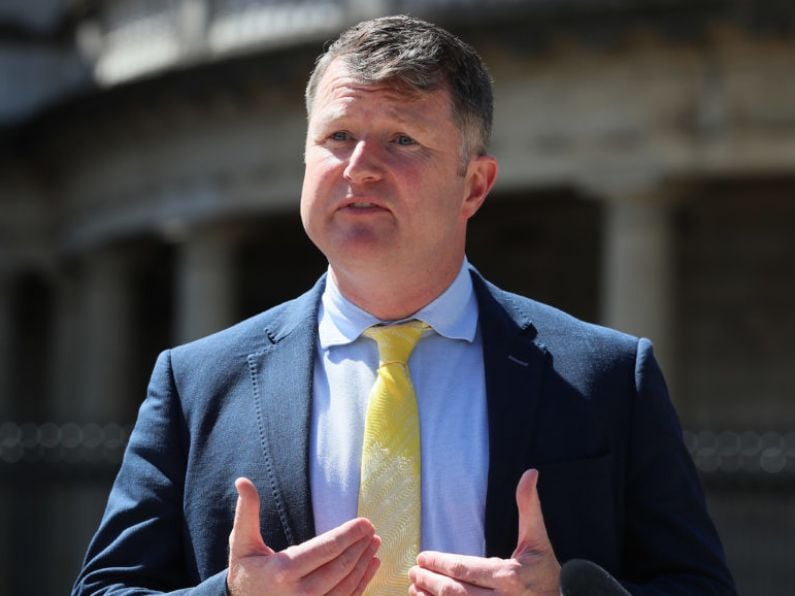By Kevin O'Neill, Daniel McConnell and Fiachra Ó Cionnaith
New laws designed to tackle revenge pornography and upskirting are welcome but the government needs to include proper sanctions in any measures, domestic abuse charities have warned.
The planned legislation was approved at a Cabinet meeting in Cork. It includes amendments to the original Private Members' Bill, submitted by Brendan Howlin.
The legislation seeks to create offences for the non-consensual distribution of intimate images. It also includes provisions to deal with upskirting.
It would cover all forms of communication, including posting the image online, but also sharing images from one person to another.
Taoiseach Leo Varadkar said the government is keen to get the bill through the Dáil or the Seanad before the summer recess.
Labour leader Brendan Howlin, who first proposed the measures in 2016, said those found guilty of revenge porn should be added to a sex offenders register.
He said the bill will involve a criminal conviction which could see people jailed for up to 7 years, which he described as a significant deterrent.
Some of the cases that have come to my attention reach the criteria of a sexual assault, there is no doubt about it.
"The people who engage in this are sexual offenders and would rightly be put on a list of offenders. The fear of that would also be a deterrent,” he said.
Mr Howlin, who drafted the proposed legislation based on the 2016 report of the Law Reform Commission (LRC), said that the current law is “ancient” and needs to be updated to reflect the reality of people’s lives nowadays.
Women's Aid, the national organisation providing support to women affected by domestic, dating and digital abuse, said that in 2018, it received 561 disclosures of digital abuse and stalking.
It said that is just the tip of the iceberg.
Women's Aid stressed that any government response should cover prevention, protection and proper sanctions for digital abuse.
Margaret Martin, director of Women's Aid, said: "Digital abuse in intimate relationships is real, it is harmful and it must be treated as a serious crime.
The most common form of digital abuse we hear about are damaging rumours being spread about women both personally and professionally and having sexually explicit images and posted online without consent.
"We know that the phenomenon is real and growing year on year, especially for younger women," Ms Martin said.
Tara Brown of the National Women's Council of Ireland said digital technology has opened new avenues for violence against women.
"Increasingly, rape crisis centres are hearing from women who have been harmfully impacted by violations including grooming, pornography, sexting, harmful communications and improper use of personal images," she said.
"It is important that the legislation defines harassment as including all forms of communication, including the exchange of images from one person to another as well as posting an image online without consent."






